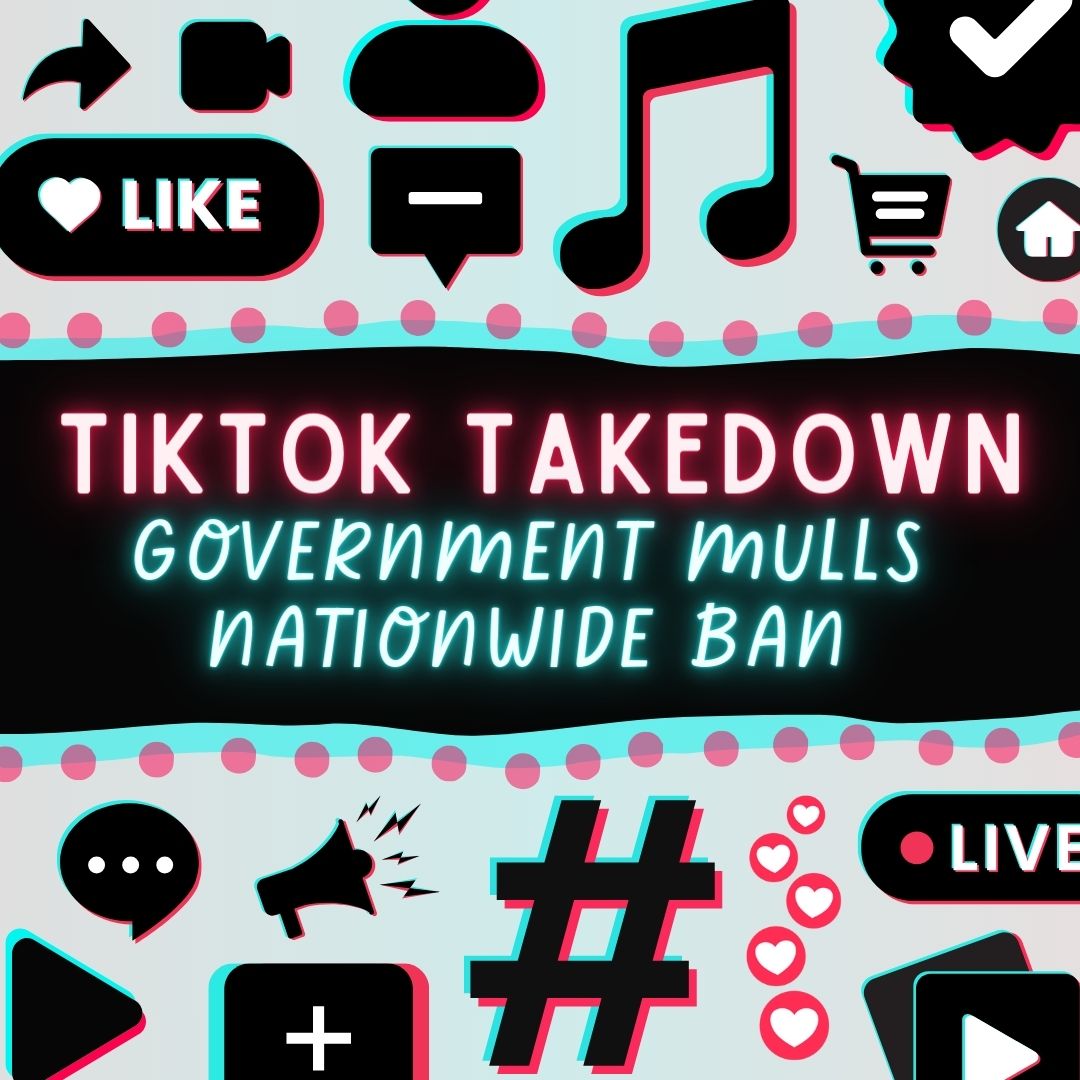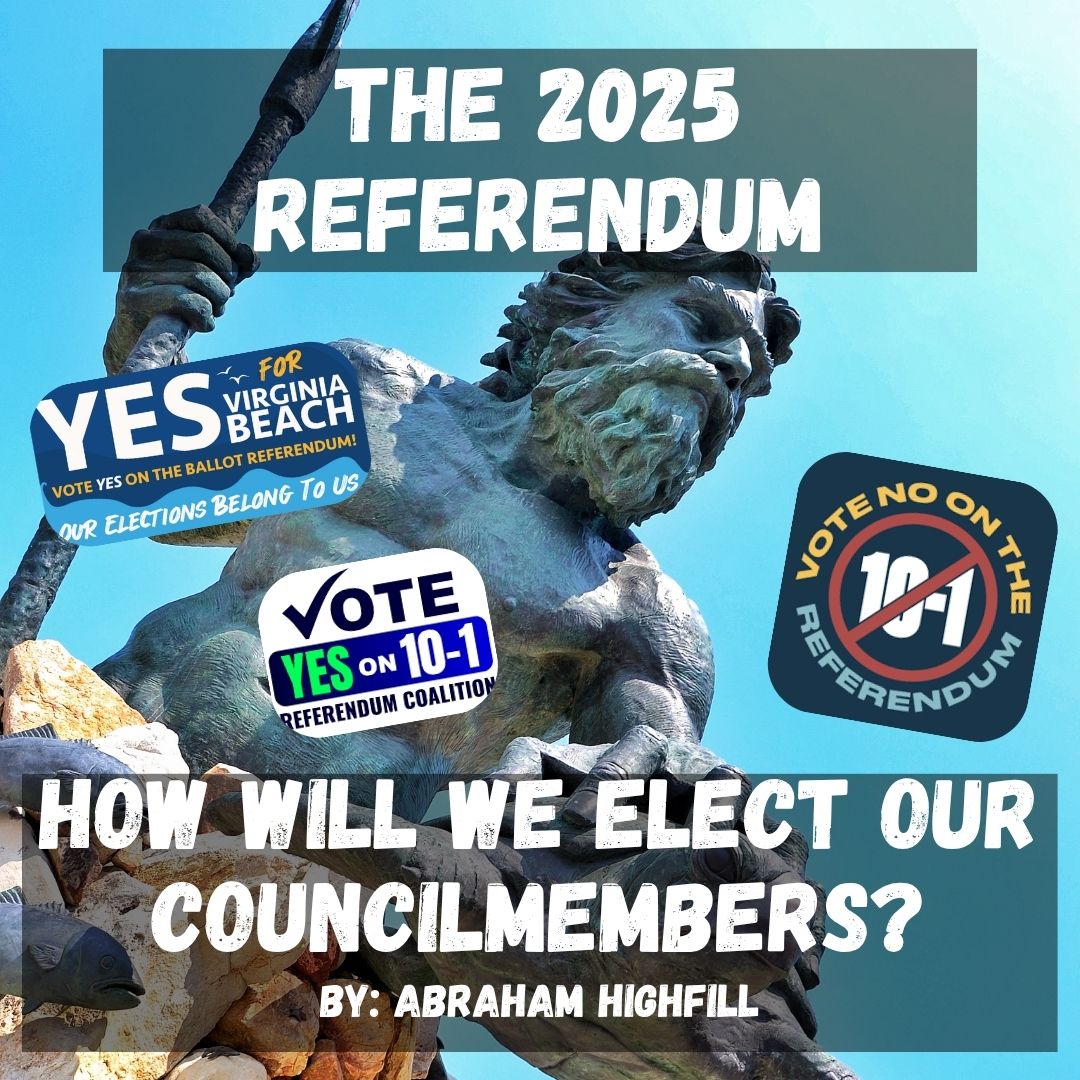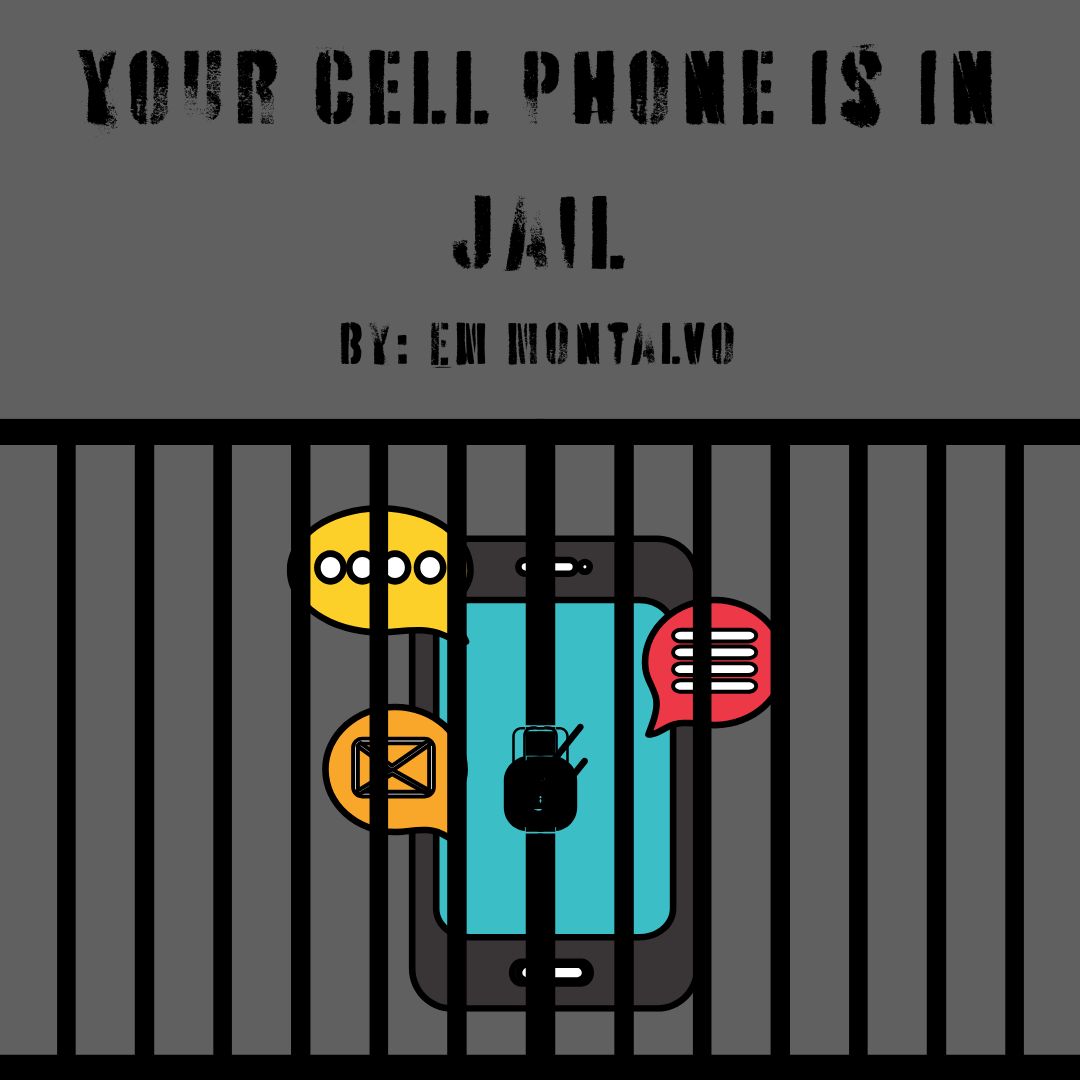On April 23, 2024, the Senate passed a bipartisan bill that could serve as a starting point for the U.S. banning of TikTok, a widely-used video-sharing platform. The bill threatens a nationwide ban if ByteDance, the Chinese owner of TikTok, does not sell the app within 270 days.
The bill comes one year after the banning of the app on all federal government devices and approximately a year and a half after the proposed legislation to ban it in Montana. According to NPR, a federal judge ended up blocking the legislation before it could take effect, citing the First Amendment to explain the overstepping of state power.
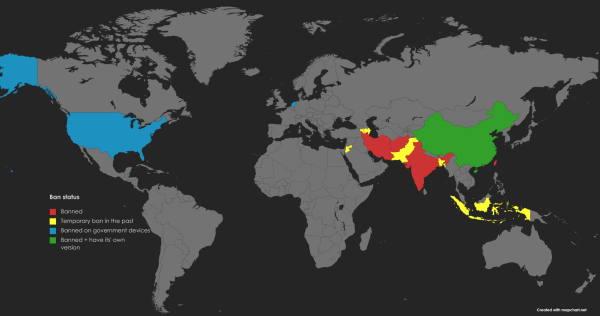
Although some may question the insistence of lawmakers threatening the ban, the main cause for concern surrounding the app boils down to one thing: the owner. According to the New York Times, lawmakers are anxious about personal user data, such as IP address and geolocation information, falling “into the hands of the Chinese government.”
Citing personal rather than financial reasons, students feel that banning the app would deprive them of the sense of belonging to an online community. Sophomore Haley Powers shared a common sentiment, that TikTok “shows videos that are related to people’s interests.”
“If you have specific interests, your TikTok page reflects that,” said Powers. “The app can help you get involved in a community that you might not be able to get involved in in real life.”
Sophomore Sophia O’Connor, on the other hand, believes that the ban would more heavily affect content creators, as the majority of their income comes from TikTok-related posts, videos, and brand deals.

“Banning TikTok would strip content creators of their main source of income,” said O’Connor. “They would have to look other places [and] use other social media platforms, such as Instagram, Twitter, and Snapchat.”
If the ban is enacted, businesses, in addition to content creators and teenagers who rely on the app for income and entertainment, will also be affected. According to the site’s description, the shop “enables merchants and businesses to showcase and sell products for the TikTok community to discover and purchase directly through a complete in-app experience.”
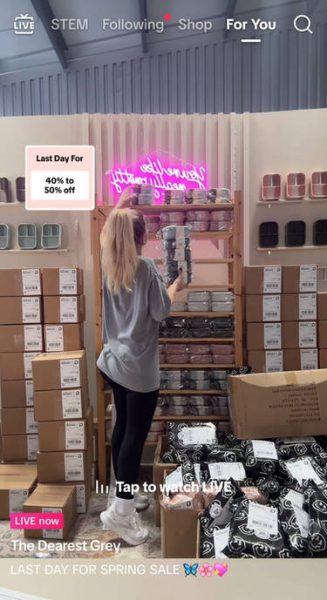
While businesses will miss out on profit, Michelby L. Whitehead, CEO of Michelby & Co., explains in an email exchange with Forbes Magazine that it could be beneficial, as sellers will be able to create a proper buying platform that is more secure.
“It is not wise for any business or brand to solely rely on a social media platform to attract or retain customers,” said Whitehead.
As the decision now looms with President Joe Biden, he has previously stated his endorsement of the bill and is expected to sign. As we await his signature, be prepared to witness many legal battles in the coming months.
